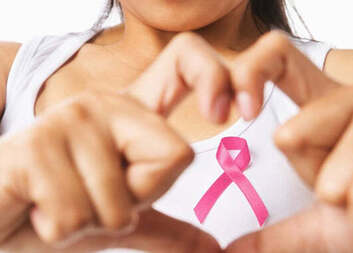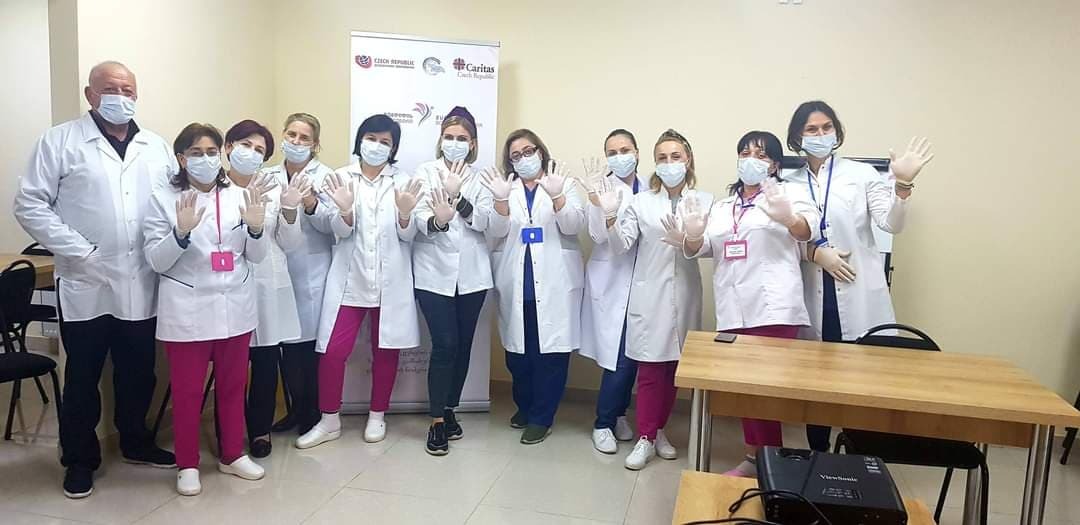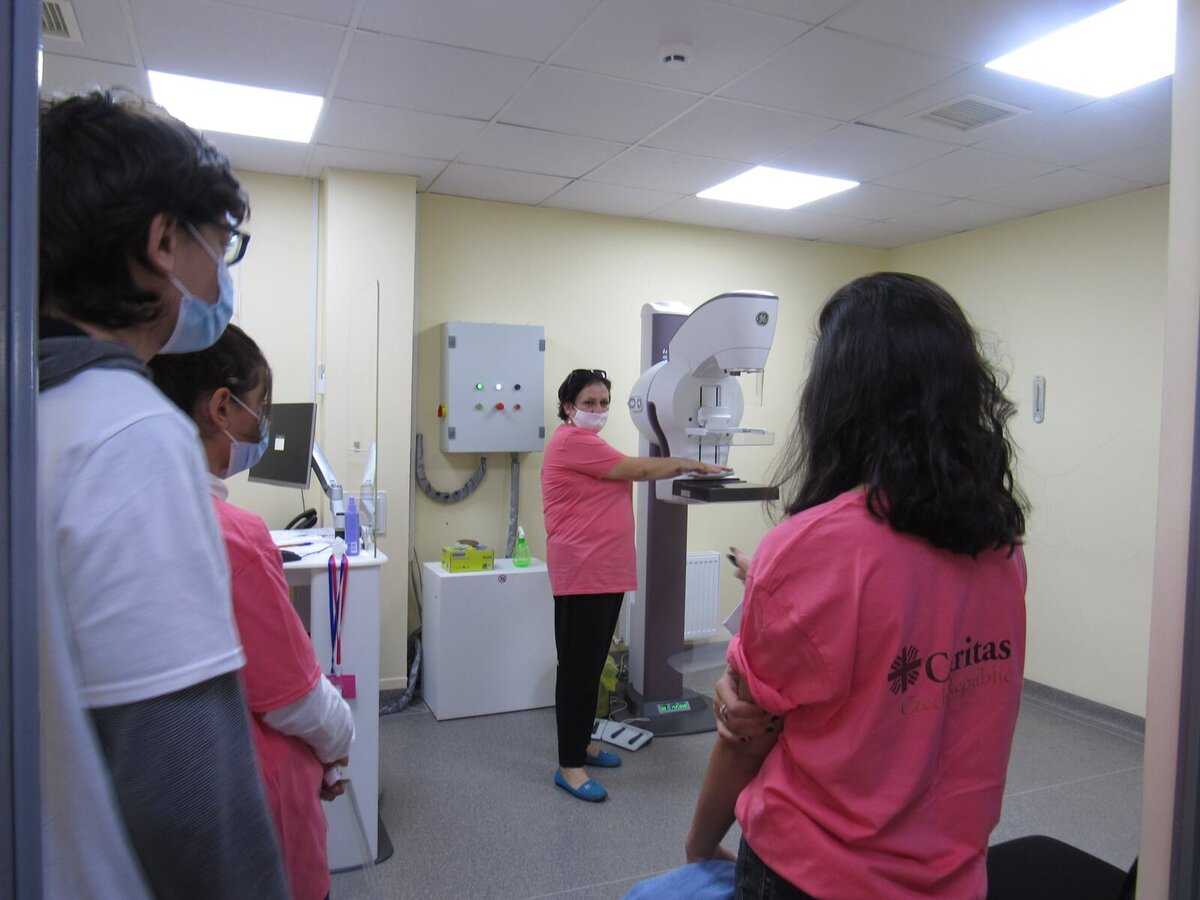Only a small part of the population in Georgia has access to free cancer screening. There is also a lack of information and fear regarding cancer in the country. Because of this, many people are reluctant to even take part in screening programs. Caritas Czech Republic has opened a cancer screening center in Georgia and is also raising awareness about the importance of prevention and early detection of cancer.
The new screening center has already helped 1,600 people
“The developed countries of the world made every effort to make screening a popular practice, to turn it into a routine healthcare procedure,” says Ioseb Abesadze, director of Tbilisi’s Cancer Prevention Centre. “While in countries such as Georgia we still have to convince large parts of the population of the benefits of screening.”
The lack of information is, however, not the only issue regarding cancer in Georgia. Abesadze adds that only between 12-15 percent of people access cancer screening services in Georgia, whereas around 40-60 per cent of the target population needs to be screened to effectively reduce mortality.
This is a problem that Caritas Czech Republic in Georgia is trying to solve. It opened a screening center in October 2019 in the town of Zugdidi with the financial support of the Czech Development Agency. The center aims to improve early testing for a range of common cancers for the nearly half-a-million people living in Samegrelo-Upper Svaneti.
The center has so far provided services to approximately 1,600 people from the region. This is despite the restrictions imposed following the Covid-19 pandemic and the temporary closure of the screening center.
“Our story of establishing the screening center started almost a decade ago with an education campaign on the importance of cancer prevention and fighting cancer stigma,” says Tamuna Kurtanidze, project manager at Caritas Czech Republic in Georgia. “We continue this approach by reminding citizens to do regular check-ups even if they don’t have any symptoms.”
Awareness is particularly important for people living in remote rural areas where accessibility to information is less available. Last year, the campaign by Caritas Czech Republic in Georgia reached 1,800 people.
We help improve the accessibility to screening
The Zugdidi region has reported relatively high rates of cancer in recent decades. Some experts attribute this to the consequences of the Chernobyl disaster 35 years ago; this western part of Georgia was believed to have been badly affected by the subsequent radioactive cloud.
There is also a large proportion of internally displaced people (IDPs) from previous rounds of conflict in Georgia.
“The Samegrelo region and particularly the city of Zugdidi are the most densely IDP populated areas in Georgia,” said Rema Ghvamichava, director of the Zugdidi screening centre. “That’s why around 35-40 per cent of those depending on the Zugdidi Screening Center are IDPs. Among this, around 10 per cent are from Abkhazia.”
Tamuna Kurtanidze agreed that the center had been a game-changer for IDPs, refugees and residents of Abkhazia who had since gained access to facilities that were otherwise seriously lacking.
The Caritas Czech Republic project aims to increase geographic accessibility to national cancer screening programs (breast, cervical, prostate and colorectal cancer) for the population of Samegrelo-Upper Svaneti region including rural areas and population of Abkhazia given the proximity of the border. The operation of the screening center is also supported by NCDC (National Center for Disease Control and Public Health) through the National Screening Program of Georgia.
Last year, we also equipped the center with surgical and other medical equipment worth 70,000 euros.









